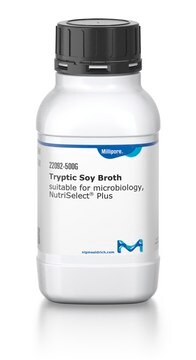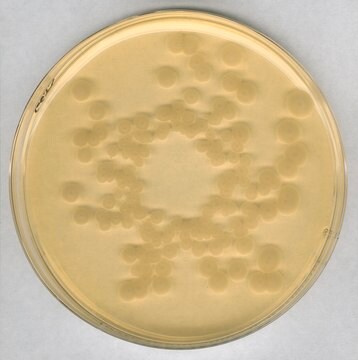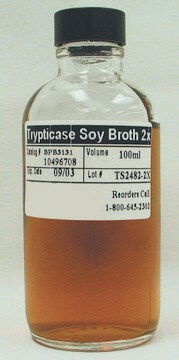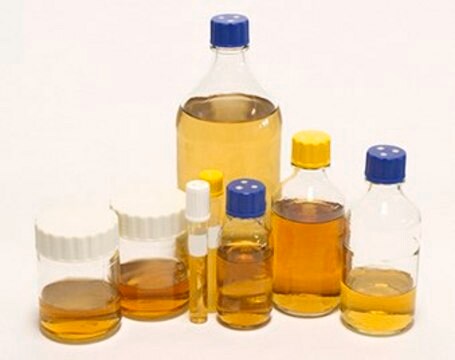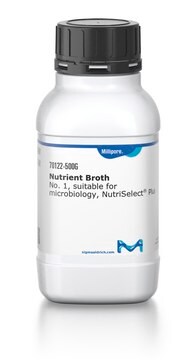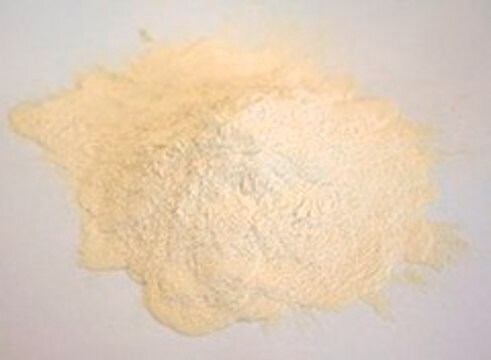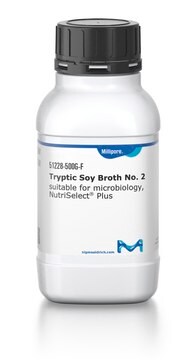T8907
Tryptic Soy Broth - Dehydrated Culture Media
NutriSelect® Basic, powder, suitable for microbiology
Synonym(s):
Soybean Casein digest Broth, Casein Soya Broth, CASO Broth, TSB, CASO Broth, Casein Soya Broth, Soybean Casein digest Broth, TSB, Tryptone Soya Broth
About This Item
Recommended Products
sterility
non-sterile
Quality Level
form
powder
quality
Microbiologically tested.
packaging
poly bottle of 1 kg
poly bottle of 500 g
manufacturer/tradename
NutriSelect® Basic
application(s)
environmental
food and beverages
pathogen testing
pharmaceutical
microbiology
suitability
bacteria
Looking for similar products? Visit Product Comparison Guide
General description
Application
Components
Soya peptone (papaic digest) 3 g/L
Sodium chloride 5 g/L
Dipotassium phosphate 2.5 g/L
Dextrose 2.5 g/L
Preparation Note
Footnote
The designations basic, plus, or prime are added to indicate the quality control level, from basic quality control to standard QC plus to prime for full regulatory compliance.
Legal Information
Storage Class Code
11 - Combustible Solids
WGK
WGK 1
Flash Point(F)
Not applicable
Flash Point(C)
Not applicable
Choose from one of the most recent versions:
Already Own This Product?
Find documentation for the products that you have recently purchased in the Document Library.
Our team of scientists has experience in all areas of research including Life Science, Material Science, Chemical Synthesis, Chromatography, Analytical and many others.
Contact Technical Service